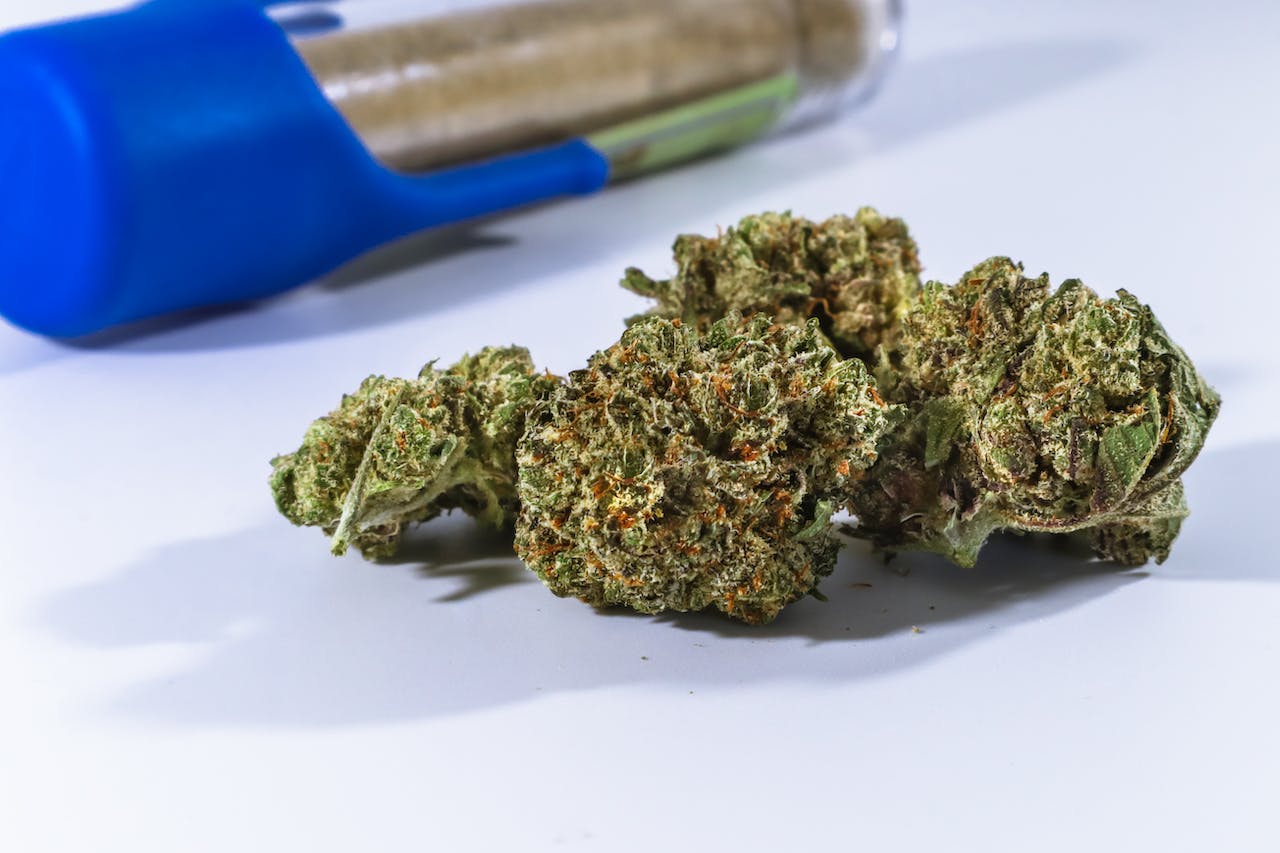Cannabis
Cann-L Project: 4.5 Kg of Cannabis Legally Sold in Lausanne in One Month
The Cann-L project is expected to cost 1.7 million Swiss francs and take four and a half years. Participants will complete surveys every six months, and the data collected will be used to assess the long-term effects of the project, especially in the context of understanding the dynamics of the regulated cannabis market and its potential impact on society.

In its debut month of operation, the legal cannabis dispensary in Lausanne recorded significant turnover, selling 4.5 kilograms of cannabis. This is a figure that represents 5% of the estimated amount of cannabis coming from the black market. This initiative is part of a broader movement towards the regulation and legalization of cannabis in Switzerland and marks a new direction in public debate and drug policy.
“That’s the 5% we think we took from the black market,” he said. Almost 320 people came to buy cannabis in the new structure, explained Frank Zobel, vice president of Addiction Suisse, in an interview broadcast on Saturday by 24 Heures.
Read more about the Cann-L pilot cannabis project in Switzerland and find the most important cannabis news of the day with the Hemp.im mobile app.
Consumer demography
Frank Zobel, vice president of Addiction Suisse, in an interview for “24 Heures” emphasized that the average age of buyers is between 35 and 40 years old, and most of them do not use assistance programs for addicts. This fact contradicts stereotypes and suggests that interest in a diversified offer is much wider. So far, each of the 320 program participants has purchased an average of 14 grams of legal cannabis, and the Lausanne cannabis sales pilot program began on December 11, 2023.
More than 600 adult residents of Lausanne expressed their willingness to participate in the Cann-L project, indicating a growing interest in legal and regulated channels for purchasing cannabis. Cann-L, modeled on the experience in Quebec, Canada, aims not only to monitor the black market but also to assess the impact of non-profit sales on consumer behavior.
Consumer preferences
Zobel notes that cannabis with a high THC content is most sought after , around 15%, which accounts for 40% of sales. This information is crucial in understanding consumer preferences and the potential risks associated with using stronger strains of cannabis.
The Cann-L project reveals that early participants also sourced cannabis from short supply chains, such as friends or local growers. Nevertheless, Zobel emphasizes that street vendors can still meet spontaneous needs that legal outlets cannot.
Long-term impact and costs of the Cann-L project
The Cann-L project is expected to cost 1.7 million Swiss francs and take four and a half years. Participants will complete surveys every six months, and the data collected will be used to assess the long-term effects of the project, especially in the context of understanding the dynamics of the regulated cannabis market and its potential impact on society.
In other Swiss cities, such as Basel and Zurich, controlled sales of cannabis for adults in pharmacies began as early as 2023. These initiatives, while experimental, are critical to the ongoing debate over the development of federal cannabis legislation. In Switzerland, 4% of adults currently use cannabis regularly, and the data collected in these pilot projects will play an important role in shaping future regulation
__
(Featured image by Terrance Barksdale via Pexels)
DISCLAIMER: This article was written by a third party contributor and does not reflect the opinion of Born2Invest, its management, staff or its associates. Please review our disclaimer for more information.
This article may include forward-looking statements. These forward-looking statements generally are identified by the words “believe,” “project,” “estimate,” “become,” “plan,” “will,” and similar expressions. These forward-looking statements involve known and unknown risks as well as uncertainties, including those discussed in the following cautionary statements and elsewhere in this article and on this site. Although the Company may believe that its expectations are based on reasonable assumptions, the actual results that the Company may achieve may differ materially from any forward-looking statements, which reflect the opinions of the management of the Company only as of the date hereof. Additionally, please make sure to read these important disclosures.
First published in FaktyKonopne. A third-party contributor translated and adapted the article from the original. In case of discrepancy, the original will prevail.
Although we made reasonable efforts to provide accurate translations, some parts may be incorrect. Born2Invest assumes no responsibility for errors, omissions or ambiguities in the translations provided on this website. Any person or entity relying on translated content does so at their own risk. Born2Invest is not responsible for losses caused by such reliance on the accuracy or reliability of translated information. If you wish to report an error or inaccuracy in the translation, we encourage you to contact us.

-

 Business1 week ago
Business1 week agoDow Jones Nears New High as Historic Signals Flash Caution
-

 Crypto1 week ago
Crypto1 week agoBitcoin Surges Toward $110K Amid Trade News and Solana ETF Boost
-

 Fintech2 days ago
Fintech2 days agoRipple and Mercado Bitcoin Expand RWA Tokenization on XRPL
-

 Crypto1 week ago
Crypto1 week agoBitcoin Traders on DEXs Brace for Downturn Despite Price Rally

























